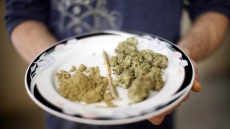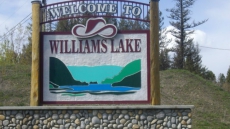TORONTO — The Public Health Agency of Canada is advising women who want to get pregnant to wait at least two months after visiting countries where the Zika virus is circulating — or could begin circulating — before trying to conceive.
The mosquito-borne virus has been potentially linked in Brazil to thousands of cases of newborns with abnormally small heads. It's believed mothers may have been infected during pregnancy.
Cases of Zika have reached epidemic levels in that country, most of South America, throughout Central America, parts of Mexico, and much of the Caribbean.
A number Canadians and Americans who travelled to the endemic areas have been diagnosed with Zika after returning home. And in a small number of cases, infected males have sexually transmitted the virus to their female partners.
The federal agency says men who have travelled to Zika hotspots or to countries where the virus might start circulating should use condoms with any partner who is or could become pregnant, for two months after their return.
PHAC says that until more is known, men who have a pregnant partner should consider using condoms for the duration of the pregnancy.

"It is recommended that pregnant women and those considering becoming pregnant discuss their travel plans with their health-care provider to assess their risk and consider postponing travel to areas where the Zika virus is circulating and countries in tropical and subtropical regions where the virus has the potential to circulate," the agency says on its website.
If travel cannot be postponed, PHAC says strict mosquito-bite prevention measures should be followed, including wearing clothes to cover exposed skin and using a repellent such as DEET.


